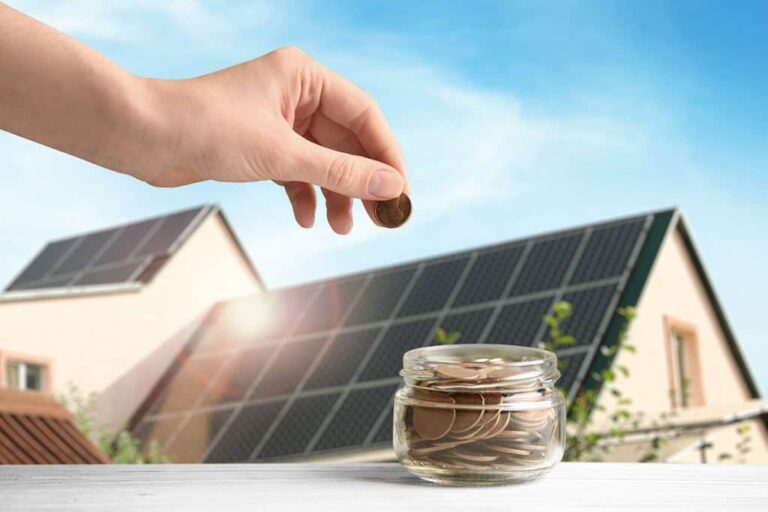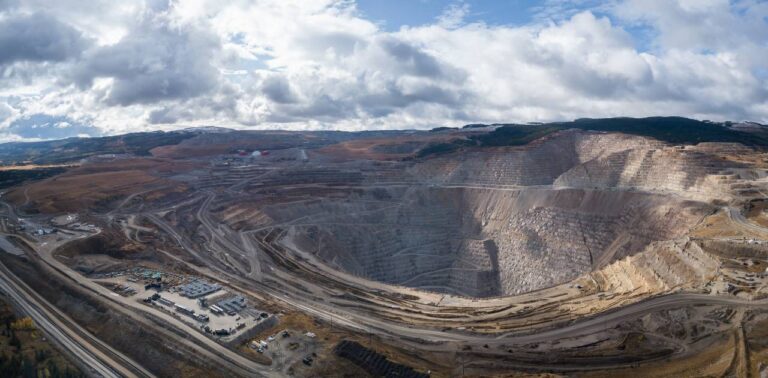The consumption of bottled water has become part of our daily lives, but have you ever stopped to think about how we got to this point? Why do we buy bottled water when, in many parts of the world, we have clean water coming out of the taps? This modern habit has been built up over the years, driven by a combination of advertising, insecurity about the quality of local water and a growing demand for convenience. However, there is a deeper story behind this consumption.
In this article, we will explore the history of bottled water, its social and environmental consequences, and reflect on whether we really need it.

The Rise of Bottled Water
Historically, the bottled water was initially sold as a luxury item. In the 18th and 19th centuries, people believed that water from mineral springs had healing properties, and drinking bottled water from one of these sources was considered beneficial to health. As bottling and distribution technologies advanced, access to mineral water expanded, and companies soon realized the market potential for bottled water.
However, it is only in recent decades that bottled water has come to be considered an everyday necessity. Increasing urbanization, problems with water pollution in some places, and a lack of trust in sanitation infrastructure have all contributed to many people believing that bottled water is a bottled water was a safer and more reliable option.
Advertising and the Marketing of Necessity
The increase in consumption of bottled water was not just a consequence of sanitary conditions or urbanization. Advertising played a key role in creating the perception that bottled water is superior to tap water. Advertising campaigns often highlight the purity, freshness and health benefits of bottled water, while implicitly making consumers doubt the quality of their own city’s water.
Many companies began to associate their brands with health, active lifestyle and well-being, which led to the consumption of bottled water was seen as a conscious and healthy choice. The fact that water was conveniently available everywhere also reinforced this idea, making the habit of buying bottled water part of many people's routine.
But do we really need this water? The History of Bottled Water shows us that this need was largely constructed by industry.
Filtered Water vs. Bottled Water: Which is the Best Option?
The question many ask is: bottled water Is it really better than filtered water from our homes? The answer is not always clear, as it depends on the quality of the local water supply and the storage conditions in each home.
In São Paulo, for example, the State Sanitation Company (Sabesp) guarantees that the water supplied can be consumed directly from the tap, without health risks. However, in other regions, where sanitation is less efficient or where the drinking water infrastructure is deficient, many people turn to bottled water as a safer option.
However, even in these cases, there are alternatives. Domestic water filters, for example, are efficient and economical solutions to ensure the quality of drinking water at home. So, instead of continually investing in bottled water, a good filter can provide the necessary safety, without generating so much environmental and financial impact.
The Environmental Impact of Bottled Water
One of the biggest problems associated with plastic bottles is their environmental impact. The production, transportation and disposal of plastic bottles cause serious damage to the environment. It is estimated that billions of plastic bottles are discarded each year, and many of them end up polluting rivers, oceans and landfills. In addition, the production of plastic bottles consumes large amounts of oil and energy.
Recycling, although a partial solution, is still insufficient to deal with the volume of plastic bottles generated annually. Many regions do not have adequate infrastructure for recycling, and even in places with efficient systems, only a fraction of the bottles are actually recycled.
In terms of transportation, the environmental impact is also significant. bottled water often travels long distances before reaching consumers, resulting in carbon emissions associated with transportation.
Planned Obsolescence and Bottled Water Consumption
A history of bottled water is closely linked to the concept of planned obsolescence – a strategy in which products are deliberately designed to have a short lifespan, encouraging continued consumption. In the case of bottled water, we are not exactly talking about a product that wears out over time, but rather a consumption habit that is constantly reinforced by advertising and the perception of need.
Documentaries like The Secret History of Planned Obsolescence It is The Story of Stuff show how our consumer habits are shaped by large corporations that profit from the idea that we need to continue buying and consuming disposable products, many companies have ensured a continuous flow of sales. However, most people who buy bottled water could be drinking good quality water straight from your taps, saving money and reducing your environmental impact.
Awareness and Sustainable Alternatives
A history of bottled water It is also a lesson in how our habits can be transformed by awareness campaigns and more sustainable choices. Fortunately, there is a growing awareness of the problems associated with excessive consumption of bottled water.
Many initiatives are emerging to reduce consumption, such as encouraging the use of reusable bottles and installing public drinking fountains in urban areas. These small changes can help reduce reliance on bottled water and contribute to a more sustainable future.
If every person adopts the habit of using reusable bottles and relying more on home water filters, the global impact could be huge. What we need is a change in mindset: understanding that bottled water is not always necessary and there are alternatives that protect both health and the environment.
Is Bottled Water Still Necessary?
After meeting the history of bottled water, we can question whether we really need this product in our daily lives. Although in some situations it is a convenient and necessary option, especially in places where drinking water is not of good quality, most people can find more sustainable alternative solutions, such as the use of filters and reusable bottles.
What we need is a change in consciousness, both at an individual and collective level. Reducing consumption is an effective way to reduce environmental impact, save resources and money, and promote a more sustainable lifestyle. By doing so, we will be contributing to a greener and healthier future for everyone.
Check out other interesting facts about recycling clicking here.
Learn how to make art by recycling, Click here.
Summary



